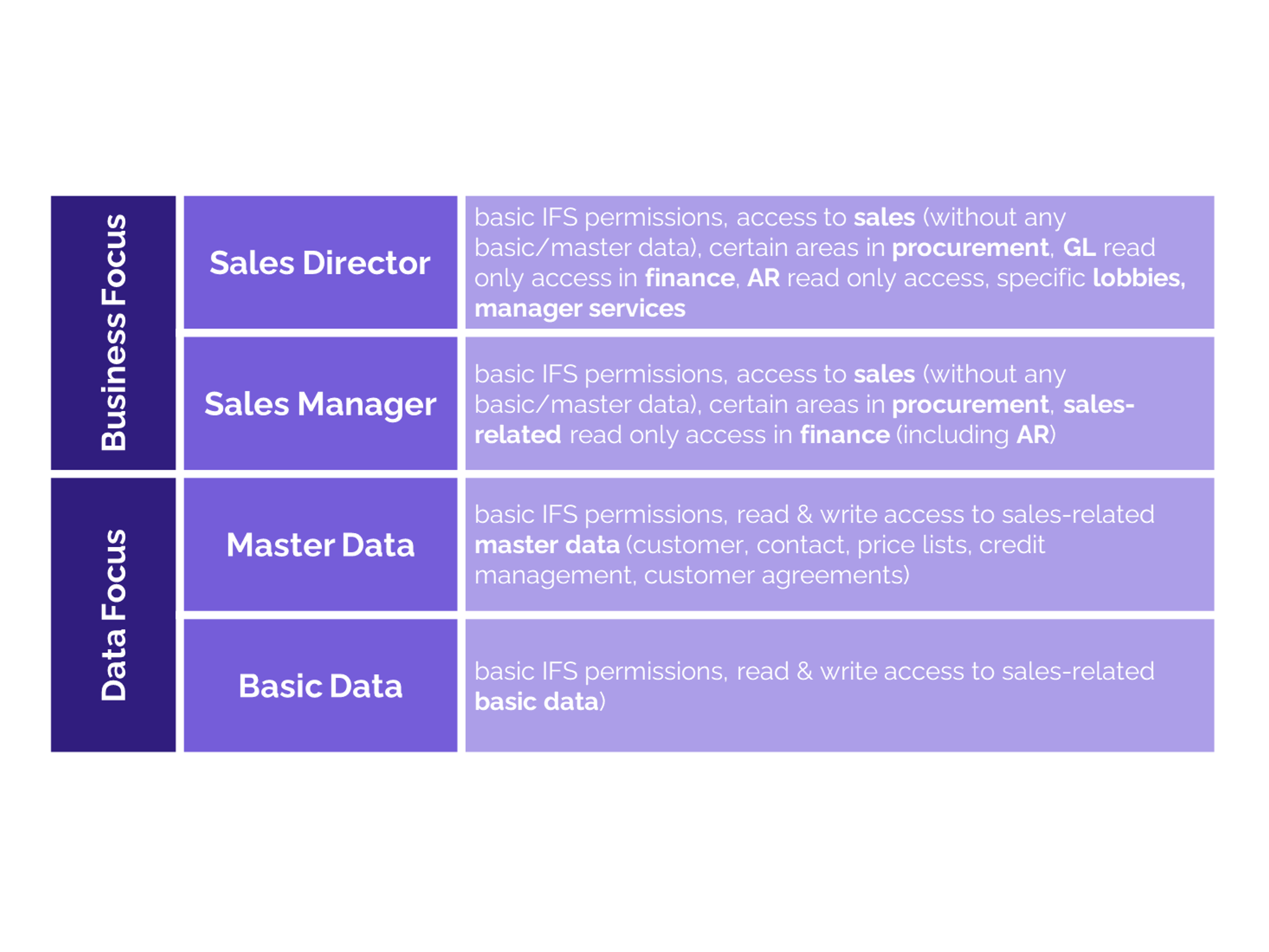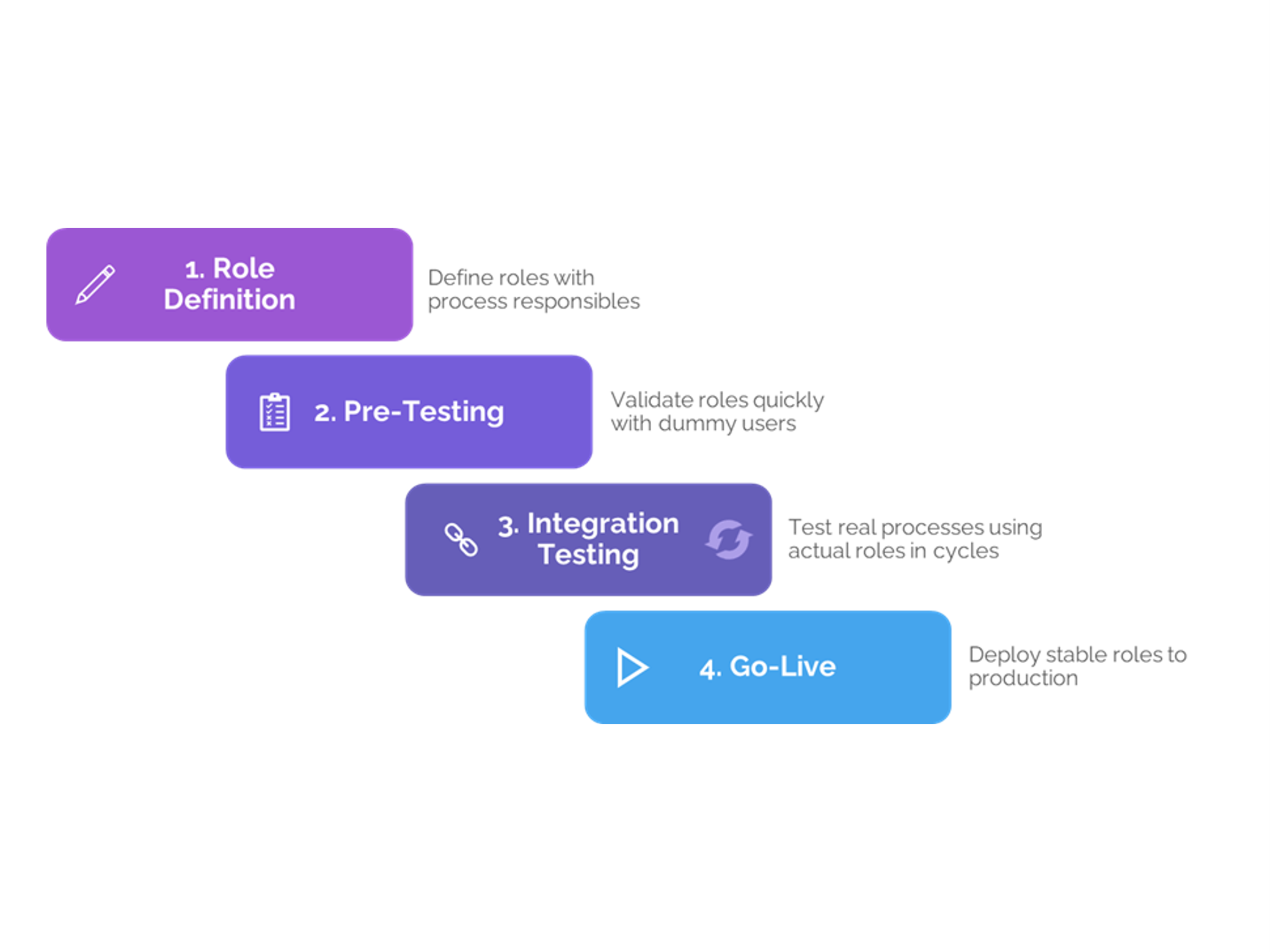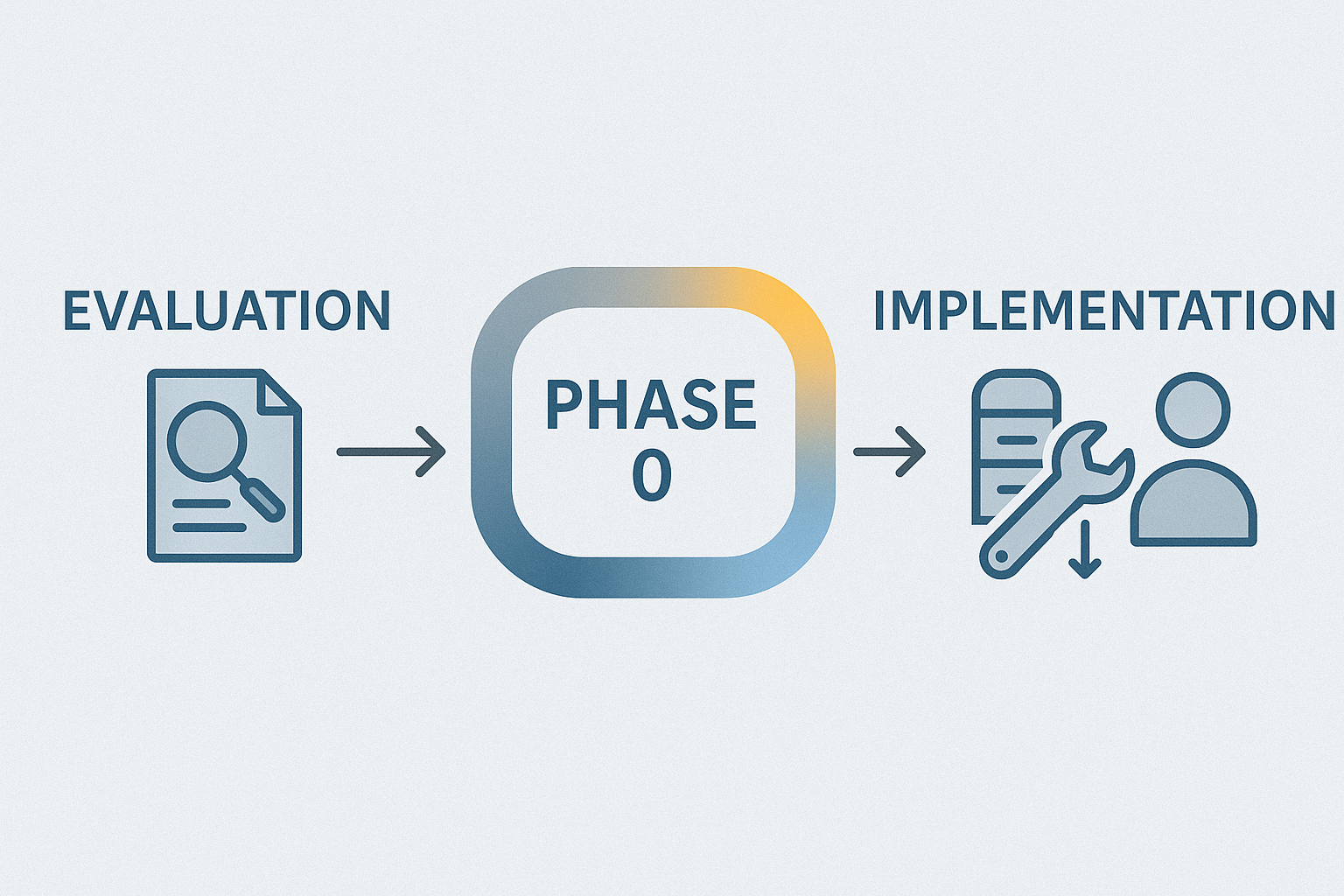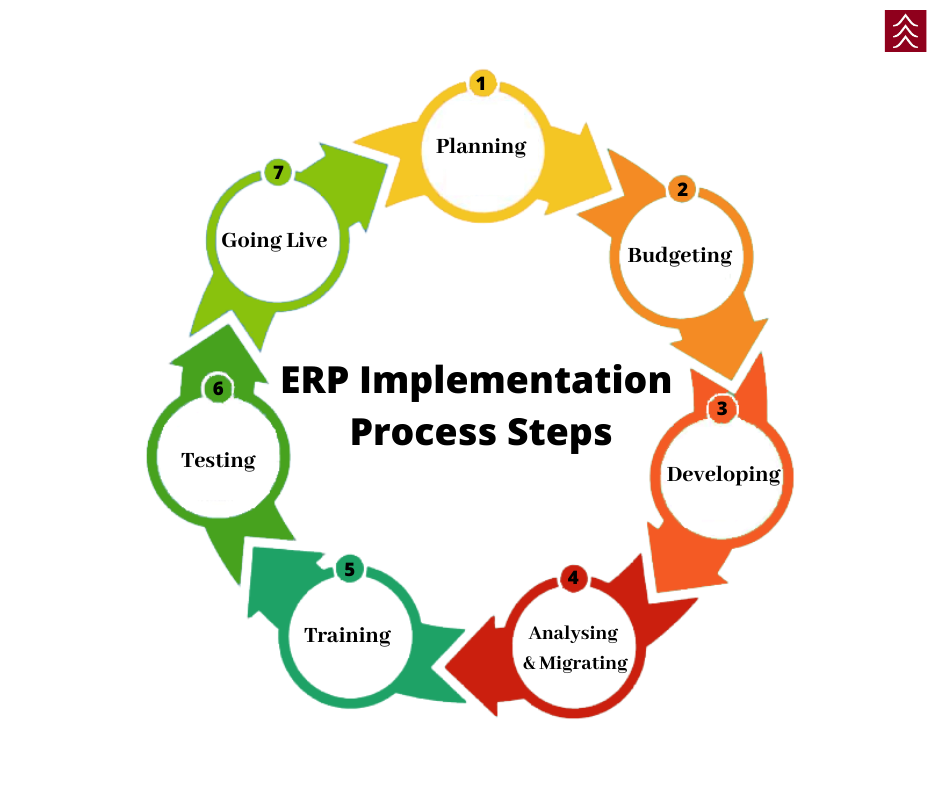Negotiating subscription contracts with SAP, Infor, Microsoft and IFS
During the last few years all of the four big ERP suppliers, SAP, Infor, Microsoft and IFS have introduced new versions of their products. Many of these modern solutions are cloud-based and often include hosting and evergreen support models. Apart from new functionality, the big 4 are moving their customers from a “licence buying” to a “licence renting” model. This new form of renting is called a “subscription”. A subscription transfers usage, but not ownership rights to the customer. The usage rights are usually constrained for the number of users, languages, modules, and duration of the usage. Often 60-month subscription terms are agreed upon.
During the past 2 years 2BCS has negotiated at least 30 contracts for subscriptions with the above mentioned 4 big ERP suppliers, but also with many other ERP and CRM providers. The following comments are some of our learnings from these negotiations.
How to proceed
Three work packages need to be addressed before and during negotiations. We suggest working through these topics in the following order:
- Companies Requirements and Approach
Clearly understand and document what functional requirements (which software modules are needed), how many subscriptions (number of users and of what type) and by when they are needed - Legal topics in SaaS (Software as a Service) Contract and Order Form
The suppliers’ contracts are the starting point. Ensure that the interests of both parties are balanced and that other customer-oriented topics such as prolongation terms, price holds, no suspension clauses, indirect usage (see blogs on these subject) are added to the contract. - Commercial Negotiations
The commercial negotiations are difficult for customers out of two reasons: 1) Because there are no guidelines what is overpaid and what is “a fair price” and 2) Pricing is currently a moving target based on volume, subscription duration, up-front payments, timing, etc.. Please contact me for more details.
Some facts that you and I have always known
- Size matters
The larger the size of the deal the more discount can be negotiated. Enlarging the deal can be done by adding future users, increasing the duration of the subscription term, combining subscription with service and support work and including options in the deal. In addition, if the customer can make an up-front payment this can also be beneficial in reducing costs. - Timing / Close to quarterly/yearly closing
The deal mechanics concerning timing haven’t changed over the last 30 years. Large software companies remunerate their salespeople on the closings that have taken place in the previous period. It is advisable to carry out the above-mentioned steps 1 and 2 early on in the quarter. Step 3 should be negotiated towards the end of the quarter/year. - Its not all about money, but mainly
Step 1 and the sizing highly influences the outcome of the commercial negotiations. Step 2 is important for the operational and financial reliability. I have found that many legal issues have little or no impact (positive or negative) in the commercial negotiations. At the end of the day, the ERP and CRM suppliers just want to sell subscriptions and get a bonus. - Risky business
The risks for customers are increasing due to subscription models and hosting arrangements. The software does not belong to the customer anymore, it is rented and a rent can be terminated. A termination at the wrong time has a major impact on business continuity. Here an owl’s eye needs to ensure that the provisions are set in place to protect the customer.
If you have any questions concerning subscription contracts, please feel free to contact me at [email protected].
Contact us





